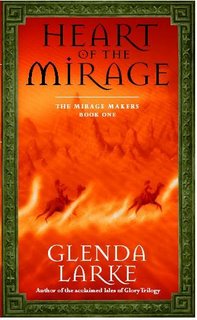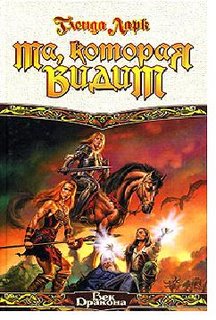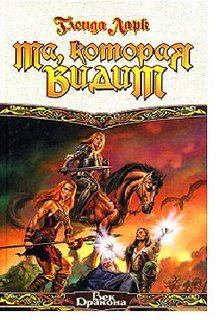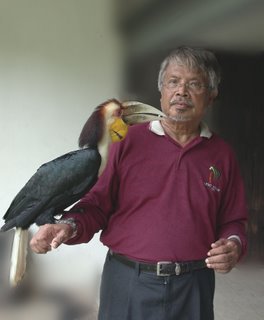Heart of the Mirage is available in Australia – at least from some bookshops – as early next week.
The story of this book resonated with me from the moment I first started to build it up from the foundations of the idea, but I’m not going to talk about that. I’m going to talk about where the ideas came from, the ideas that fuelled the story…
It started when we were living in Vienna, Austria. I turned on the TV one Easter, and they were showing a made-for-TV film in Italian (which I do not speak) with subtitles in German (of which I understood about half because I tend to read a foreign language too slowly). So I was a bit hampered linguistically, but as far as I could tell, it told the story of a Roman official sent by Rome around 1 AD to find out why a man they thought they had crucified was being reported as having been miraculously seen after death. Sounds like a fantasy, I thought, and my mind was off and running.
I was at the time writing The Aware, so I never did anything about the idea just then.
In the years before and after I had been becoming acquainted with the Romans ruins around Europe – walking sites as far apart as Hadrian’s Wall and Roman roads in the UK to Nîmes in France, to the bits and pieces under Vienna itself, to so many major ruins of Italy (all heady stuff for someone from Australia where ruins go back 200 years if you are lucky).
I remember catching the last bus of the day with my sister, and getting off on a cold March evening under a louring sky so that we could walk and see the aqueduct at the Pont du Gard. Magnificent arches looped across a river valley. There was no one around, no traffic, just this ancient edifice of stone, the rushing water and the promise of rain in a dark sky in the late evening. This was the stuff of stories.
 Then we moved to live in Tunis. There was a base of a genuine Roman column in our garden. Digging in the rose bed could unearth pieces of Roman tiles. My study where I did my writing had a window that looked out towards the Mediterranean. I could see the ruins of Carthage in one direction, and the Jebel Bou Kornine – the sacred double-horned mountain of Carthage – in the other. The Punic civilization that was Carthage was obliterated by Roman in 146 BC. More stuff of stories.
Then we moved to live in Tunis. There was a base of a genuine Roman column in our garden. Digging in the rose bed could unearth pieces of Roman tiles. My study where I did my writing had a window that looked out towards the Mediterranean. I could see the ruins of Carthage in one direction, and the Jebel Bou Kornine – the sacred double-horned mountain of Carthage – in the other. The Punic civilization that was Carthage was obliterated by Roman in 146 BC. More stuff of stories.
I have always loved the Australian inland. The colours, the savagely aged landscape, the stark and yet beautiful brutality of a land that has too little water and too much sun. My mother told me stories of dust storms she faced as a young wife on a lonely farm, stirring my imagination. In Tunisia and Algeria I saw a different desert. I felt the heat of the winds that blew out of the desert and dumped its sand onto our doorstep in summer. More stories.
During this time in my life, my children were suddenly growing up and going off to university, coming home in a rush and filling the house with friends and then gone again, so confident and busy and independent. They were a joy in my life, and I considered those mothers who had not had that joy – stories had emerged in the 1970s and 80s as my children grew, of Aboriginal children, the stolen generation, taken forcibly from their families to be raised among strangers in a strange culture for reasons we cannot now fathom.
Further away from home, in Argentina, there were other perhaps even more tragic, heartbreaking tales – stories of brutality, rape and murder – where a military junta took newborn babies away from women they then murdered, sometimes apparently by pushing them out of planes over the sea while still alive. Those who murdered the parents raised the children, steeping them in the very ideas the parents had fought against and died to resist. Tragic stories that resonated. That grieved me, as a mother.
 And each story provided an idea that would become part of the base on which I built my own story, The Mirage Makers trilogy.
And each story provided an idea that would become part of the base on which I built my own story, The Mirage Makers trilogy.
I had my ideas, and I began to plot the tale, my tale. It’s not a Roman story. Or a Punic one. It’s not that TV show, or the Australian desert, or the Sahara, or the Argentinian military junta. It’s my very own world, my very own tale. A tale of betrayal and war and love and courage, set in an empire called the Exaltarchy – an empire ruled by legions, based on slavery, and about to be torn apart by rebellion.
Read it. You can buy it online through Australian bookshops






